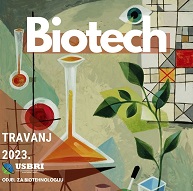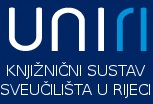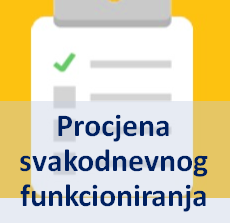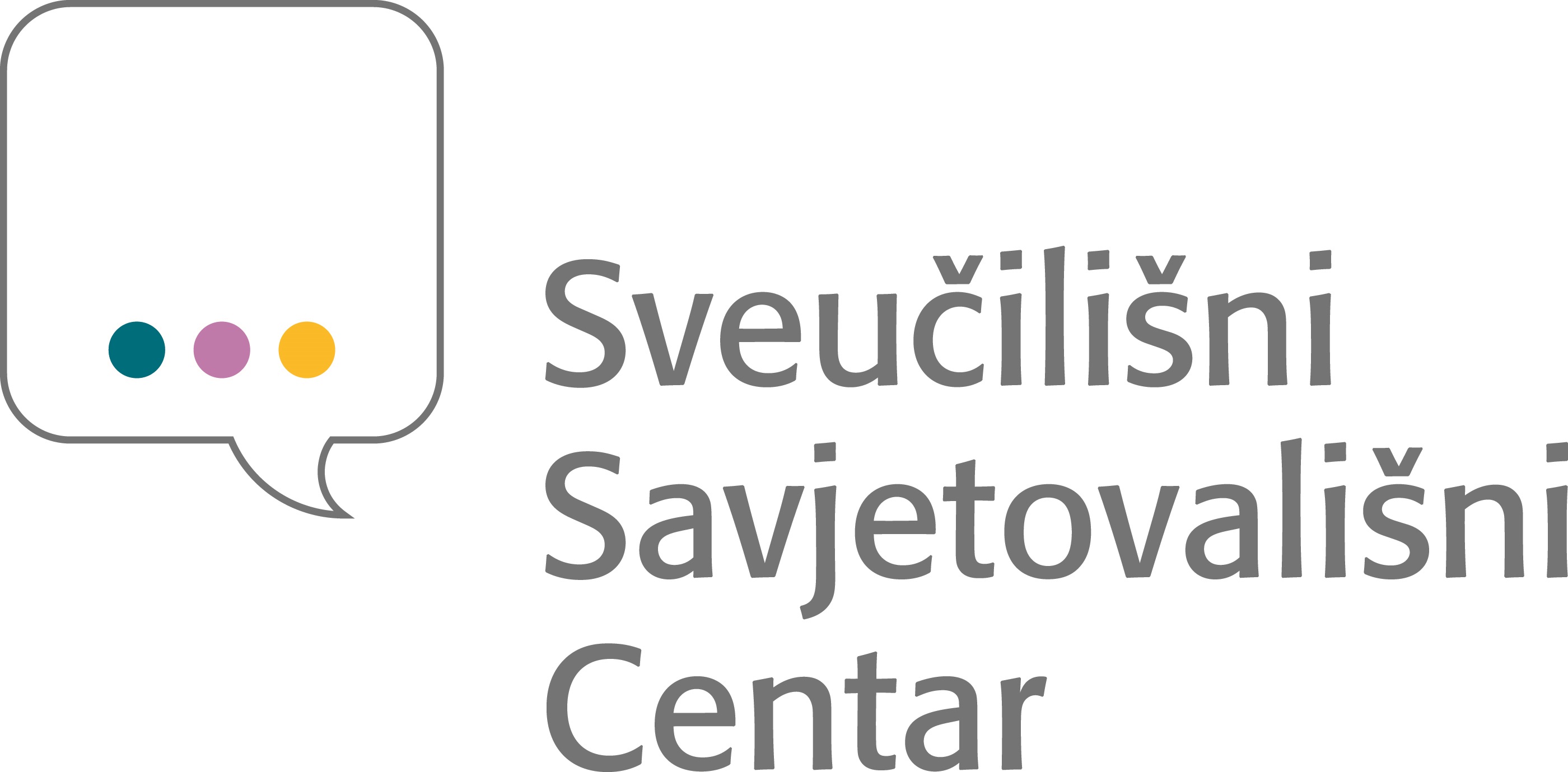Novosti iz biotehnologije
Nanoparticles Deliver Gene Therapy Directly to Skin Cells
Scientists have developed an siRNA-carrying gold nanoparticle that they claim can be mixed with a commercial moisturizing cream to enable the topical delivery of gene-targeting therapeutics directly into deep skin layers. The Northwestern University team says the platform could lead to the development of topical forms of gene therapy for diseases such as skin cancer, inflammation, and genetic skin disorders.
Researchers Improve Gene Therapy Technique for Children with Immune Disorder
Researchers enhance gene therapy approach for children with adenosine deaminase (ADA)-deficient severe combined immunodeficiency (SCID) using chemotherapy as conditioning regimen. For the first time, investigators test two different viral vectors to transport normal genes into the young patients' bone marrow stem cells and two different treatment plans in preparation for receiving gene therapy and compare outcomes.
Shape matters in DNA nanoparticle therapy
Researchers from The Johns Hopkins University and Northwestern University have discovered how to control the shape of nanoparticles that move DNA through the body and have shown that the shapes of these carriers may make a big difference in how well they work in treating cancer and other diseases. The results of this study, which were published in the journal Advanced Materials ("Plasmid-TemplatedShape Control of Condensed DNA–Block Copolymer Nanoparticles"), are also noteworthy because this gene therapy technique does not use a virus to carry DNA into cells. “These nanoparticles could become a safer and more effective delivery vehicle for gene therapy targeting cancer and other illnesses than can be treated with gene medicine,” said Hai-Quan Mao, of Johns Hopkins, who, together with Erik Luijten of Northwestern, led this research.
T-Cell Therapy for ALL Shows Benefit
Researchers reported encouraging but preliminary results of gene-based immune therapy in two children with relapsed and refractory acute lymphoblastic leukemia (ALL). Both children achieved a remission after they were given T cells modified to attack B cells bearing the surface protein CD19, according to Stephan A. Grupp, MD, PhD, of the Children's Hospital of Philadelphia, and colleagues.
Horizon 2020: Biotechnology to play a major role in meeting European ‘Grand Challenges’
Today the European Commission’s Horizon 2020 launch named biotechnology as one of the six enabling technologies that can boost the European economy, ensuring that the EU remains sustainable, globally competitive and a centre for excellence in science. Horizon 2020 - the European Framework Programme for Research and Innovation- also outlines the most prevalent Grand Challenges that EU research and Innovation policy should tackle.
Under Horizon 2020, funding will focus on the EU’s grand challenges including sustainable agriculture, food security, resource efficiency and the bio-economy, as well as health and well-being for an aging population. Biotechnology is central to tackling these challenges through its many applications for industry, agriculture and healthcare. The Commission’s identification of research and innovation funding for biotechnology is also central to achieving the objectives of a new economic model for Europe of smart, sustainable and inclusive growth, in line with the Commission EU 2020 Flagship initiatives on the Innovation Union, Resource Efficiency and Industrial Policy for the Global Era. Key to achieving these objectives is that an effective research and innovation funding policy such as Horizon 2020 be matched by a coherent and workable regulatory framework that ensures that the ideas and products invented in Europe are also put on the market in Europe to the benefit of our citizens and of our economy.
EuropaBio also welcomes the emphasis under Horizon 2020 on the significant role played by industry driven research, both as co-sponsor of public-private partnerships and participant in programmes as evaluators and contributors. The Commission has also made progress in addressing the issue of SME involvement by simplifying administrative procedures and establishing specific SME incentives with a view to increasing participation of SMEs, which constitute a significant source of growth, job creation and innovation in the European economy. Commissioner Geoghegan-Quinn stated at the launch today that she expects €8 billion euro to be invested in SMEs under Horizon 2020.
The biotechnology industry and bio-based products can play a crucial role in helping to achieve healthcare, climate, energy, environmental and employment goals in Europe. However, to reach these goals, it is crucial that the appropriate levels of funding are allocated so that Europe can attain the return on investment it urgently needs in terms of innovation, growth and job creation. EuropaBio strongly supports the budget proposed by the European Commission and calls on the EU Parliament and Council to back the proposal. This commitment must then be reinforced by appropriate support by Member States at national level.
Nathalie Moll, Secretary General of EuropaBio welcomed the new Framework Programme launched today stating: “We are delighted to see that the Commission’s proposal includes many of the recommendations that EuropaBio outlined earlier this year during the stakeholder consultations for a Consolidated Strategic Framework Programme. To stay at the forefront of global competition and to meet the societal challenges of healthy ageing, sustainable agriculture and the bio-based economy, the Commission has listed biotechnology as one of the six key areas that research and innovation funding should focus on. Research and innovation coupled with coherent and workable legislation will ensure Europe and its innovative industries such as biotechnology strive for the enhancement of quality of life, knowledge, innovation, job creation and productivity that we so clearly need. We hope that the European Parliament and the European Council will back the Commission’s proposal so as to help Europe’s realise its potential as a world leader in excellence in science and innovation.”
Kontakt
Radmile Matejčić 2
51000 Rijeka
Tel. +385 51 584 550
ured@biotech.uniri.hr
OIB: 64218323816
IBAN: HR3724020061400006958
Radmile Matejčić 2, O-047
http://studentska.uniri.hr/
Nadležna studentska liječnica:
dr. sc. Marijana Turčić, dr. med. spec. školske medicine
Radmile Matejčić 5, Rijeka
051/584 875 / 876
e-mail:
skolska.kampus@zzjzpgz.hr













.png)




